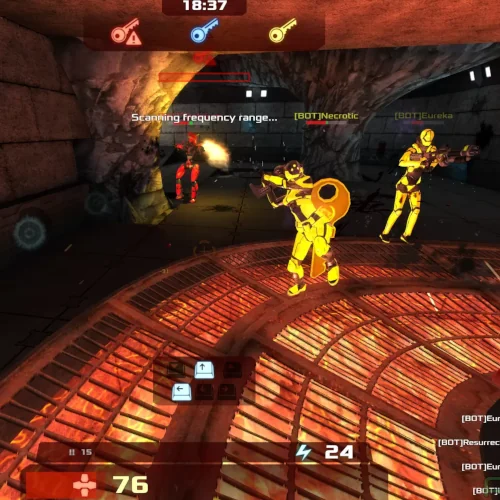Godot 4 Is Focusing On Vulkan + OpenGL ES 3.0, OpenGL Likely For Godot 4.1

As readers should know by now, one of the major focuses of Godot 4.0 was on overhauling its renderer in part to bring up Vulkan API support. The renderer design and all code was overhauled for bringing up Vulkan support and enabling support for other modern rendering techniques and features to compete with the proprietary game engines.
The Vulkan support is ready to go for Godot 4.0 but it means the desktop OpenGL support took a back seat. The Godot developers are now confirming that desktop OpenGL rendering support will likely not be supported for Godot 4.0. They will be bringing OpenGL support though when it's ready - likely a few months after Godot 4.0 in a Godot 4.1 follow-up release.
With all of the Godot 4 renderer work, the developers also realized supporting OpenGL ES 2.0 isn't much of an option anymore. With even OpenGL ES 2.0 devices that don't support OpenGL ES 3.0 becoming more rare, the developers have been focusing on their GLES3 code path instead of GLES2. There may be limited support for GLES2 in Godot 4.x but there aren't any guarantees so developers should either stick to the maintained Godot 3.x if needing GLES2 or move to GLES3/Vulkan.
More details on the rendering API support for Godot 4.x can be found over on GodotEngine.org. Long story short, OpenGL ES 3.0 and Vulkan are the APIs being focused on for Godot 4.x while desktop OpenGL should be supported by Godot 4.1, but hopefully your hardware already can handle Vulkan instead.
28 Comments

